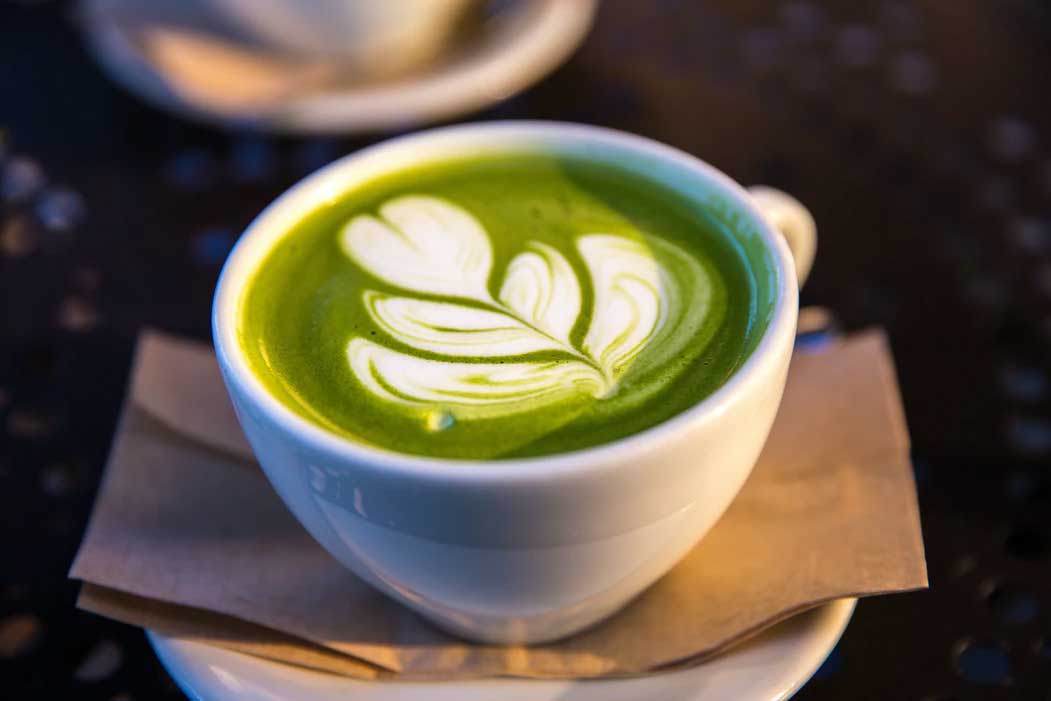
Photo by Jason Leung
If you love your caffeine and can’t operate without it, matcha has you covered. Matcha is a very good way to source your caffeine, due to the unique way it releases it caffeine. Matcha on average has approximately 70mg of caffine per serve, whereas coffee can have from 80-350mg of caffeine depending on the type of coffee. We have sourced our statistics from the Vic Gov’s better health channel, to compare a 250ml serving of coffee with a typical 100ml serving of matcha.
Matcha Vs Coffee
| Beverage | Caffeine Content |
| Matcha | 60 – 80mg per 100ml cup |
| Instant coffee | 80 – 120mg per 250ml |
| Espresso coffees e.g. espresso or latte | 105-110mg per 250ml |
| Drip or percolated coffee | 150 – 240g per 250ml |
| Red Bull energy drink | 80mg per 250ml |
Caffine content statistics sourced from the Victorian Government's Better Health Channel Website (https://www.betterhealth.vic.gov.au/health/healthyliving/caffeine)
Matcha Caffeine Absorption
The way the body absorbs caffeine from matcha is quite different to coffee. Thanks to the amino acids in matcha (theanine), caffeine is released slowly over a 4-6 hour period, whereas in coffee it is released a much more rapid pace, which can lead to crashes. Theanine is an amino acid that helps promote alpha brain waves, which leads to calmness.
TLDR:
Generally, matcha will have slightly lower caffeine than in a serving of coffee. Matcha also has amino acids in it which slows the release of caffeine, helping avoid crashes and keeping the caffeine boost longer.

